Monkey mics may solve communication mysteries
Tiny monkeys sporting even tinier backpacks are helping scientists understand the nuances of language and social behavior.
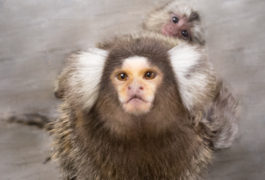
Tiny monkeys sporting even tinier backpacks are helping scientists understand the nuances of language and social behavior.
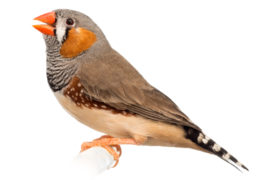
A gene linked to autism and language may be necessary for songbirds’ repertoire.
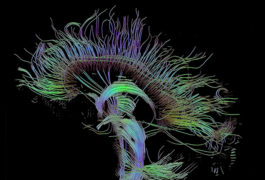
Adolescents with autism who have good verbal skills show enhanced structural connections in brain regions involved in processing and integrating sounds.

Dozens of small studies suggest that physical activity offers behavioral benefits for children with autism.
A tie between first-trimester ultrasounds and autism severity is tenuous at best, misnamed genes litter the literature, and neuroscientists enjoy their version of summer camp.
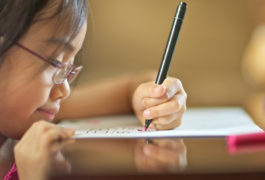
Nearly half of children with autism who speak few or no words have cognitive skills that far exceed their verbal abilities.
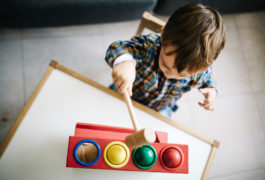
About 1 in 10 toddlers who have an older sibling with autism have cognitive and motor delays.
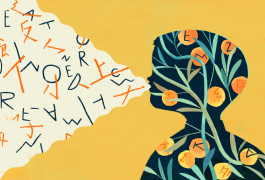
Most children who learn more than one language gain valuable skills, and researchers say this may also be true for children with autism.
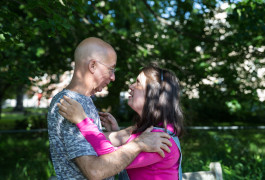
Childhood disintegrative disorder, a rare and severe condition, rapidly melts away a child’s abilities. A new theory proposes that this little-known condition turns back the developmental clock.
Scientists target human cancer with CRISPR, device trials may become more diverse, and autism awareness grows in Egypt.